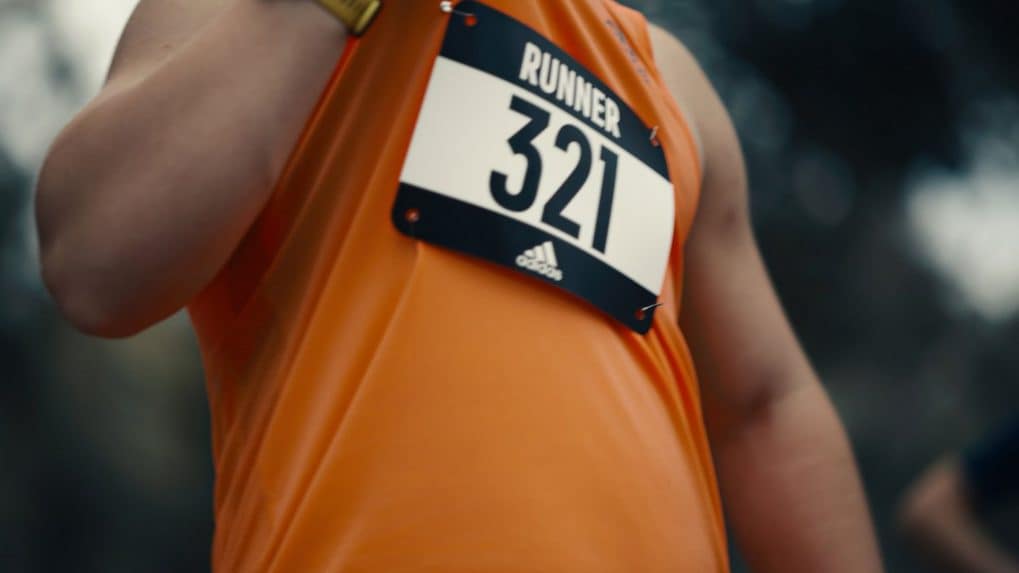Global Ads Spotlight: How Adidas’ ‘Runner 321’ put neurodivergent athletes in the spotlight
The initiative was not just a marketing effort; it was a social movement that changed how we look at neurodivergent athletes in sports. Read and watch in our Global Ads Spotlight column.
ADVERTISEMENT
When adidas launched the Runner 321 campaign, they sparked a global movement that pushed boundaries in both sports and advertising.
By focusing on neurodivergent athletes, the campaign emphasized inclusion where it was most needed - marathons. The goal wasn’t just to sell shoes; it was to shift the narrative and give visibility to a community that’s often overlooked in the sporting world.
Also Read: Global Ads Spotlight: Here's how Spotify's 'Spreadbeats' hit all the right notes
The idea behind the campaign stemmed from ground-breaking scientific research proving that exercise enhances not only physical health but also cognitive abilities in people with Down syndrome.
However, a deeper look into the news and social media landscape revealed a startling fact - neurodivergent athletes were grossly underrepresented. So, adidas decided to change that.
Enter Chris Nikic, the first athlete with Down syndrome to complete the Ironman.
Chris Nikic's inspiring journey made him the perfect figurehead for this movement. Not only was he an incredible athlete, but he also resonated with millions through his social media following, allowing the campaign to reach a broader audience. Through a partnership with adidas, Chris became the first globally sponsored athlete with Down syndrome.
It all began at the Boston Marathon. Something that was meant to be a moment of celebration turned into something far larger. Runners around the world, inspired by Chris and the mission behind the campaign, began signing up to join the movement, all without any media spend.
The goal was simple: promote visibility for neurodivergent athletes, particularly in the prestigious marathons that had long excluded them.
Adidas’ commitment didn’t stop at the runners. They secured a ground-breaking agreement with all six of the world's major marathons to reserve bib number 321 for a neurodivergent athlete. This was no small feat, especially considering four of these races were sponsored by adidas’ largest competitors.
The campaign quickly gained momentum, with 278 athletes signing up to become the next Runner 321. The impact was felt worldwide, earning 268 million impressions and 59 earned placements in media outlets.
Runner 321 didn’t just raise awareness - it changed the conversation. By securing a place in major marathons for neurodivergent athletes, the campaign amplified the voices of those often left on the sidelines. It made a strong statement that sport is for everyone, no matter their background or abilities.
As a result, the campaign was recognized with numerous accolades, including a Cannes Lions Grand Prix, a D&AD Pencil, and awards at The Drum Awards for Social Purpose in Inclusivity and Diversity.


